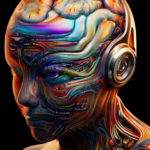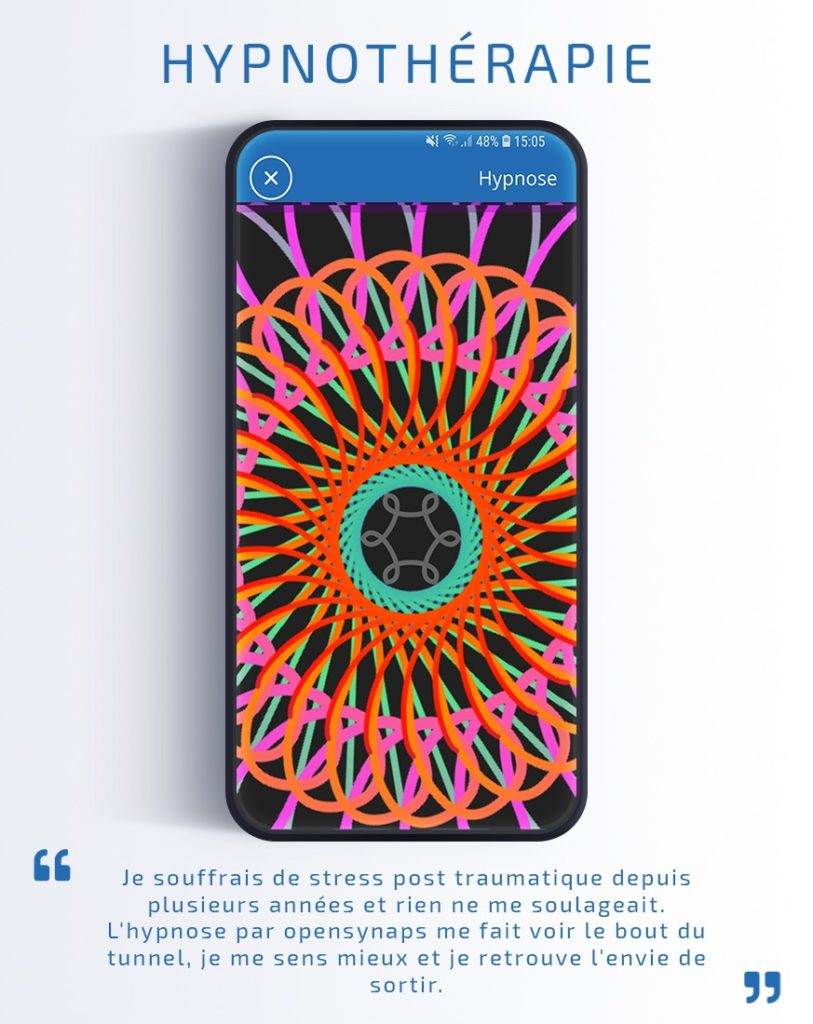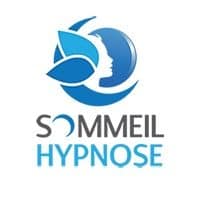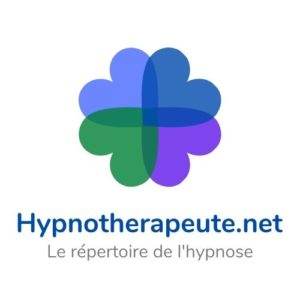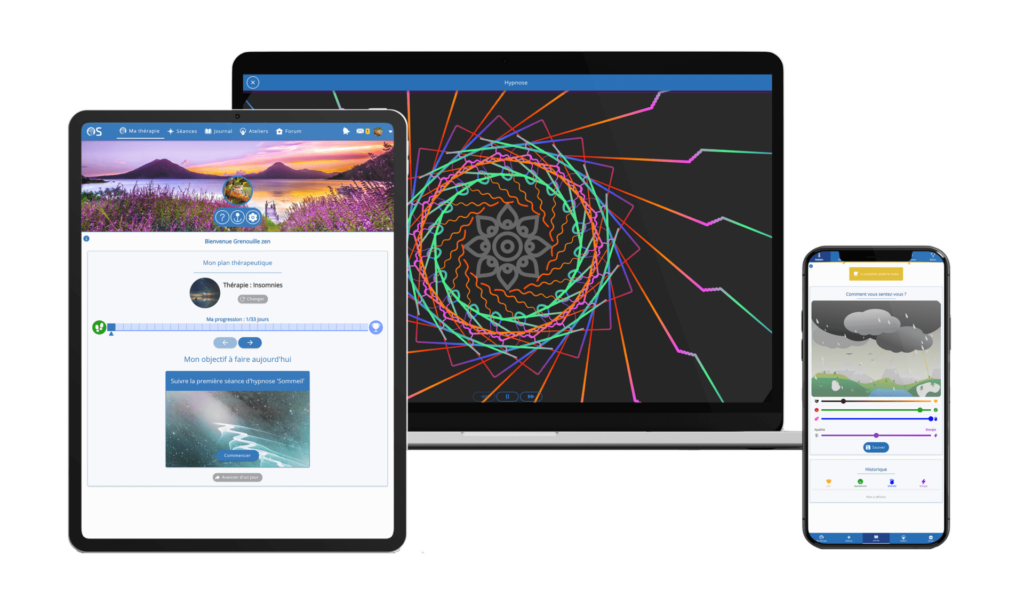Mental health is an integral part of our overall well-being, but access to fast and affordable therapy remains a challenge for many people. However, with rapid advances in artificial intelligence (AI) and the emergence of powerful language models such as ChatGPT, a new era of mental health support is on the horizon.
In this blog post, we dive into the world of AI-driven hypnosis and on-demand therapy, exploring how these technological innovations are revolutionizing the way we approach mental health.
Let's look at the potential benefits, ethical considerations and future opportunities for leveraging AI and ChatGPT to provide accessible and effective mental health support anytime, anywhere.
At Opensynaps, we've developed our own artificial intelligence to generate unique hypnosis and sophrology sessions on demand. We also use ChatGPT for our "Psychologist AI" chatbot. You can test our various artificial intelligences directly on our web application at : https://app.opensynaps.com

AI's potential to revolutionize mental health support
The field of mental health has seen significant advances in recent years, thanks to the integration of artificial intelligence (AI) and natural language processing technologies. These innovations have the potential to revolutionize the way we approach and deliver mental health support.
AI-based tools such as ChatGPT have shown tremendous promise in helping people with a variety of mental health issues. Thanks to natural language processing, these virtual assistants can engage in conversations with users, providing support and advice comparable to that of a human therapist.
This feature opens up new avenues of on-demand therapy, enabling individuals to access help when they need it, without limitations of time or place. One of the most interesting applications of AI in the field of mental health is the use of hypnosis. Traditionally, hypnosis is practiced face-to-face by qualified professionals.
However, AI technology brings a new level of accessibility and convenience to this therapeutic practice. Through virtual hypnosis, individuals can participate in AI-based programs that guide them through relaxation techniques, visualization exercises and positive affirmations. This has the potential to reach a wider audience, providing effective mental health support to those who may not have had access to traditional hypnosis therapy.
In addition, AI can analyze large amounts of data, including user responses, to better understand mental health patterns and trends. This information can be invaluable in identifying early warning signs, developing personalized treatment plans and even predicting potential relapses.
AI for healthcare professionals and psychologists
By leveraging AI's analytical capabilities, mental health professionals can make more informed decisions and offer targeted interventions tailored to each individual's unique needs. However, it's important to note that while AI has immense potential, it's not intended to replace human therapists or clinicians. Rather, it is a complementary tool that improves the effectiveness and accessibility of mental health support.
The human touch and empathy provided by skilled professionals remains essential, especially in complex cases that require personalized attention and understanding. As AI continues to evolve, the potential to revolutionize mental health support increases exponentially.
The integration of AI and ChatGPT, along with virtual hypnosis and data analytics, offer a promising future for accessible, personalized and effective mental health care. Embracing these advances can lead to a step-change in the way we approach mental health, ensuring that support and treatment are readily available to people in need, whenever they need it.

Exploring the benefits of AI-powered hypnosis
AI-powered hypnosis is revolutionizing the field of mental health and therapy. Thanks to technological advances, individuals now have access to on-demand hypnosis sessions that can be tailored to their specific needs and preferences.
One of the key benefits of AI-based hypnosis is its accessibility. People can now receive hypnosis sessions in the comfort of their own homes, at any time that suits them. This eliminates the need for face-to-face appointments and allows individuals to fit therapy around their busy schedules.
AI-powered hypnosis also offers a personalized experience. The advanced algorithms used in AI systems can analyze large amounts of data to create customized hypnosis scripts based on individual needs and goals. This level of personalization ensures that each session is targeted at the individual's specific challenges and desires, maximizing the effectiveness of the therapy.
What's more, AI-powered hypnosis offers a consistent and reliable experience. Unlike traditional hypnosis, which can vary depending on the therapist's skill and technique, AI systems deliver consistent results every time.
This reliability allows individuals to trust the process and feel confident in the outcome of their therapy sessions. Overall, AI-powered hypnosis is transforming the way mental health is approached, providing accessible, personalized and reliable therapy options for people seeking support and growth.
On-demand therapy
On-demand therapy is a revolutionary approach to mental health that has been made possible by advances in AI and ChatGPT technology.
Traditionally, therapy sessions involved making appointments, visiting a therapist's office and attending regular sessions.
However, thanks to on-demand therapy, individuals now have the option of accessing therapy when and where they need it. One of the main advantages of on-demand therapy is the immediate availability of assistance. In times of distress or crisis, waiting for an appointment can be extremely difficult. With on-demand therapy, people can receive support and advice at their fingertips, eliminating waiting time and providing a sense of relief in difficult times. What's more, on-demand therapy allows greater accessibility. Geographical barriers and limited resources can often prevent individuals from accessing quality mental health services.
What's more, with the advent of AI-based therapy platforms, individuals can now connect with licensed therapists from the comfort of their own homes, regardless of where they live. This accessibility is particularly beneficial for people who live in remote areas or have physical limitations that make traditional therapy facilities difficult to access.
Another advantage of on-demand therapy is the sense of anonymity and confidentiality it offers. Some people may be reluctant to seek help due to fear of judgment or the stigma associated with mental health problems. On-demand therapy offers a safe, confidential space for individuals to express their concerns without fear of exposure or judgment by others.
This anonymity encourages openness and honesty, facilitating a more effective therapeutic experience. In conclusion, on-demand therapy is revolutionizing the field of mental health by leveraging AI and ChatGPT technology. It offers immediate support, greater accessibility and a sense of anonymity to those seeking therapy. As technology continues to advance, on-demand therapy has the potential to significantly improve mental health outcomes and provide a much-needed solution for people struggling with their wellbeing.
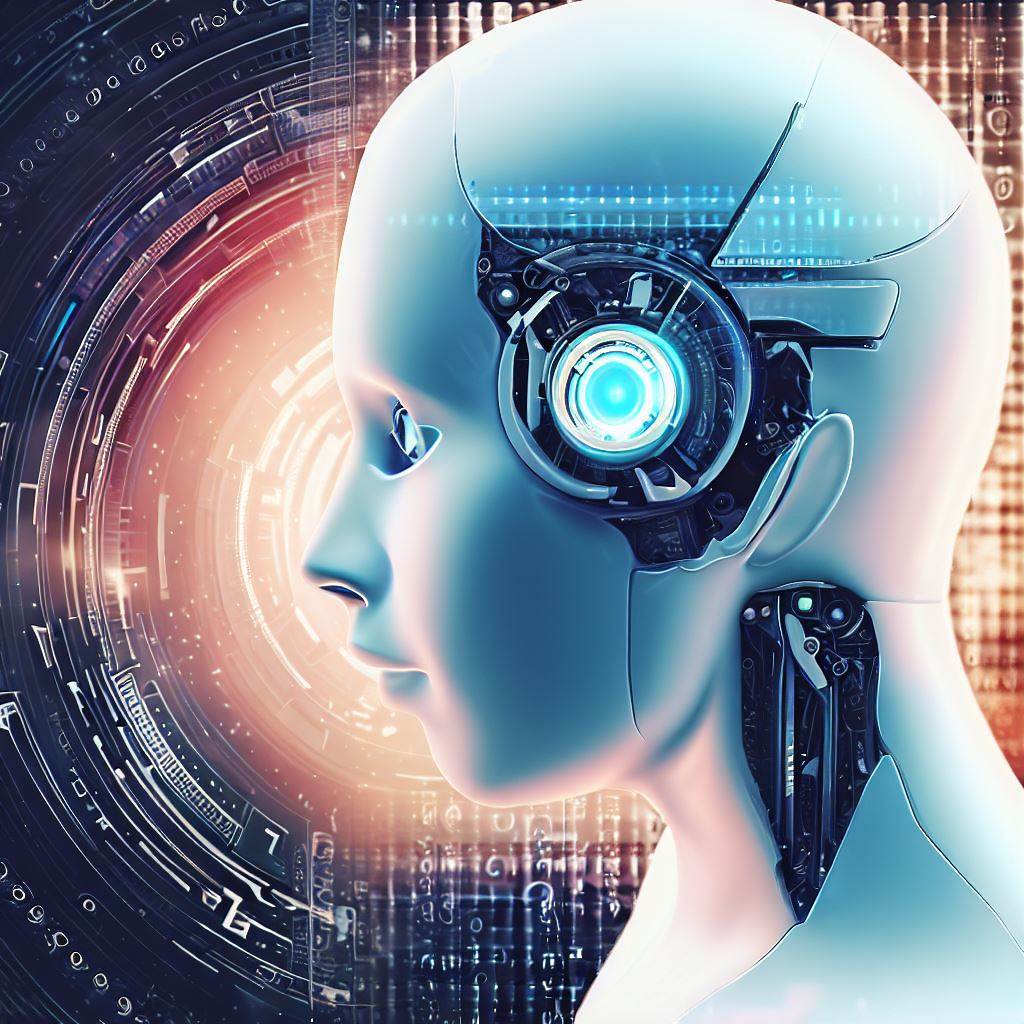
Ethical considerations and concerns
While the integration of AI and ChatGPT into mental health services has the potential to revolutionize the way we approach therapy, it is essential to address the ethical considerations and concerns that arise.
One of the main concerns is the risk of dehumanization and loss of the essential human bond in therapeutic relationships. AI and ChatGPT can provide therapy on demand, but they cannot replace the empathy and understanding that a human therapist can offer. Another concern is the accuracy and reliability of AI in diagnosing and treating mental health problems.
AI models are trained on existing data, which may not capture the full complexity and diversity of mental health experiences. Relying solely on AI for diagnosis and treatment can lead to misdiagnosis or inappropriate recommendations. Confidentiality and data security are also paramount when using AI technologies in mental health. Personal and sensitive information shared during therapy sessions must be protected, and strict protocols must be put in place to ensure confidentiality and data privacy. In addition, AI risks perpetuating the biases and stereotypes present in training data.
Care must be taken to ensure that AI models do not reinforce or amplify existing biases, and regular audits must be carried out to detect and mitigate potential biases in the system. It is imperative to strike a balance between leveraging AI and ChatGPT to improve the accessibility and convenience of mental health services, while respecting ethical standards and preserving the importance of human connection and expertise. Collaboration between AI developers, mental health professionals and regulators is needed to establish guidelines and standards that prioritize patient well-being and ethical practices in this evolving landscape.
At Opensynaps, to overcome this problem, we've integrated a human dimension through support tandems, the forum and various live webinars.
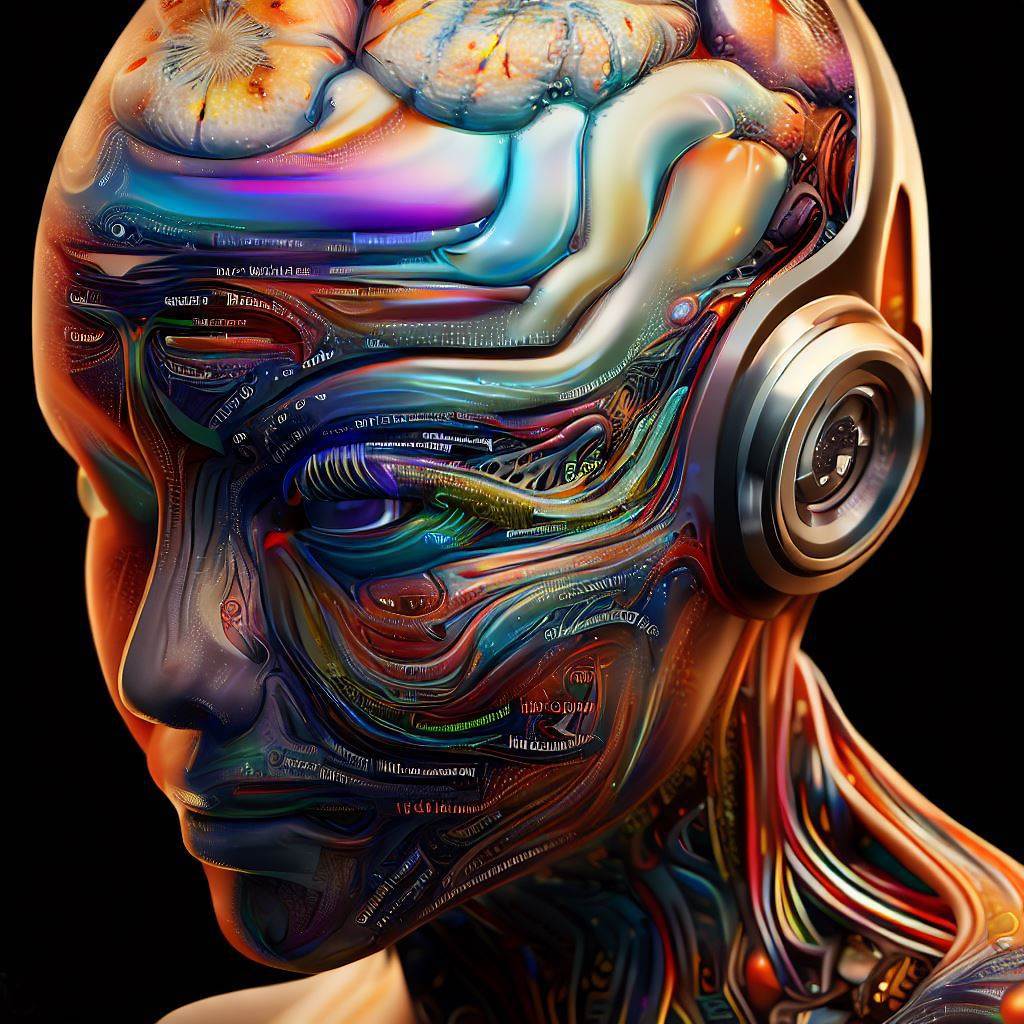
Using AI at Opensynaps
The Opensynaps application uses artificial intelligence on multiple levels. Our hypnosis and sophrology sessions are generated by our in-house-developed artificial intelligence.
For our AI psychologist, we use the ChatGPT model to generate responses for this chatbot.
Test our AI with one click on : https://app.opensynaps.com
If you have any questions, please contact us here: Contact
